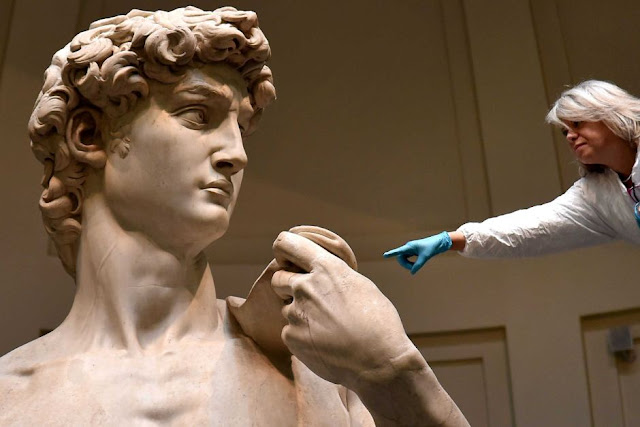Cirles and Lines both are needed

According to Pastor Andy Stanley, Dr. Al Mohler’s “version of Christianity draws lines, and Jesus drew circles. He drew circles so large and included so many people in His circle that it consistently made religious leaders nervous. And His circle was big enough to include sinners like me, and I come from a long line of sinners like me.” Yes, “On one occasion, Jesus said, ‘Come to Me, all weary and burdened, and I will give you rest. You will find rest for your souls. All. That’s a big circle. That’s the invitation of our Savior. That’s the invitation of our church.” Indeed, as a church, Pastor Stanley stated, “We decided 28 years ago, we draw circles, we don’t draw lines, we draw big circles.” The truth is that Jesus drew both circles and lines and if we don’t do both, we hurt those we are called to help. On the one hand, God’s love, expressed in Jesus, is massive beyond words. Jesus died for our sins. He took the punishment for our guilt. He was pronounced guilty so that we could be p...








